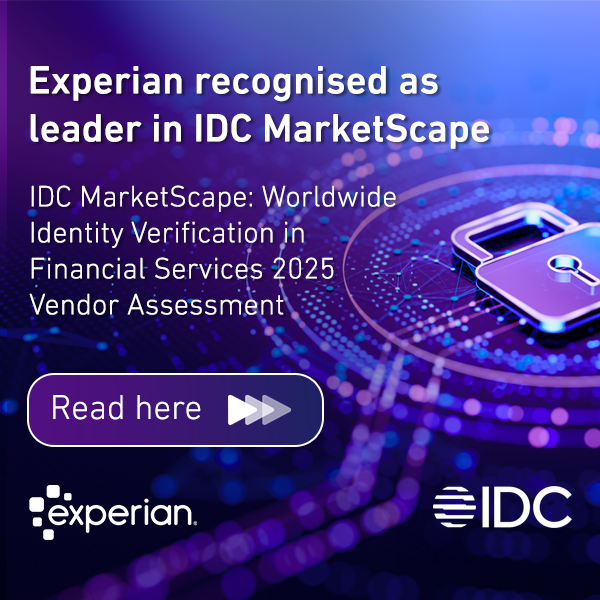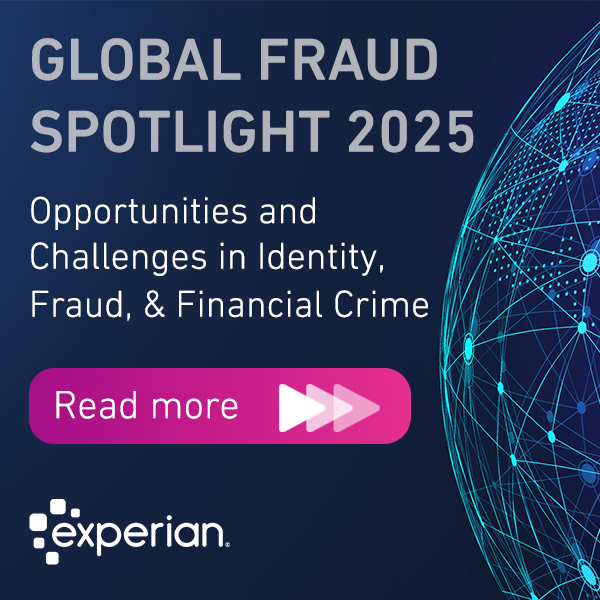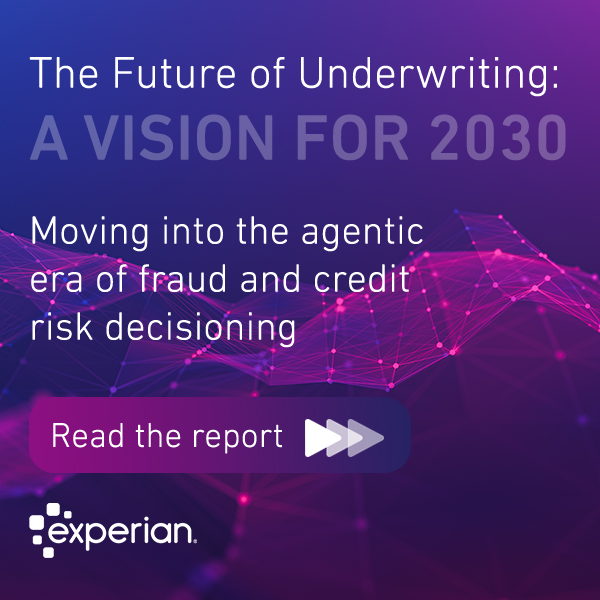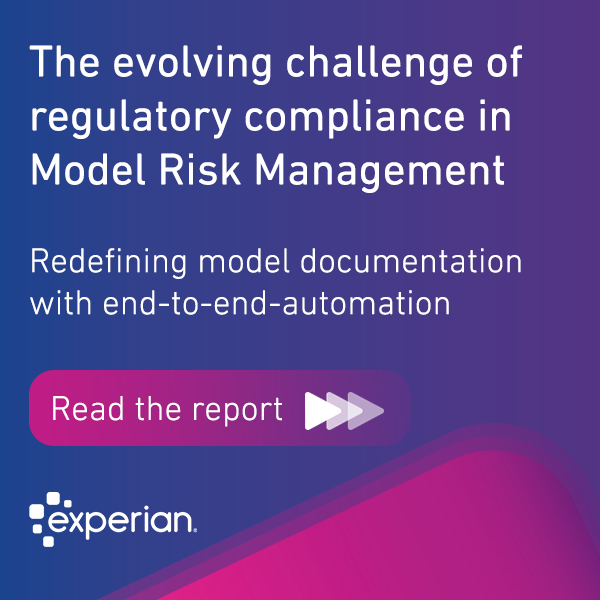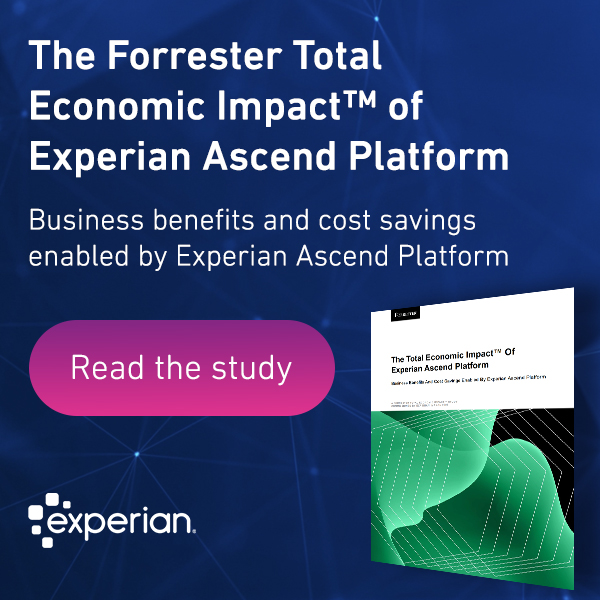Monthly Archives: May 2022

We surveyed 6,000 consumers and 2,000 businesses from 20 countries worldwide as part of our ongoing efforts to learn more about how, why, and where consumers interact with businesses online.

We surveyed 6,000 consumers and 2,000 businesses from 20 countries worldwide as part of our ongoing efforts to learn more about how, why, and where consumers interact with businesses online. The new norm in payments As consumers accelerated their move online to access products and services to manage their financial lives digitally, their expectations for security, privacy, and convenience have all increased. Mobile wallets now rival traditional credit card payments In the last six months: 62% say they’ve used mobile wallets 63% say they’ve used traditional credit cards A need for speed Consumers place a high value on fast transactions. When it comes to payment methods, they value: Speed Security BNPL is here to stay 18% have used BNPL in the past six months 57% say BNPL could replace their credit card 71% perceive BNPL as secure The reasons for BNPL Avoid credit card debt: 80% of US consumers 70% of UK consumers Preferred payment method: 80% of Indonesian consumers 60% of Norwegian consumers For purchases outside of budget: 60% of German consumers Where is BNPL most in use? Norway Netherlands Germany China Indonesia Australia The rise and reach of new payment methods provides businesses with an opportunity to prioritise financial inclusion. These new payment methods give consumers who’ve lacked access to traditional banking, lending, and credit cards additional financial options. Read the full report to discover: The new digital consumer Increased online activity, increased concern The trust-security connection A relationship of equals Digital consumers, digital opportunity The five things businesses should do

Experian’s latest research shows that the crisis of the past few years has yielded a new, savvier digital consumer. With the rapid move to online services amidst the pandemic, consumers worldwide adapted—and quickly. Fifty-three per cent of consumers say they have increased their online spending and transactions within the past three months, and 50% plan to increase it even more over the next few months. As online activity has surged, so too have consumer expectations for friction-free, secure transactions. More than 80% of consumers say a positive online experience makes them think more highly of the brand. And if businesses don't meet those expectations? Well, switching providers is only becoming easier . For financial service providers, the evolution of consumer behaviour presents both an opportunity and a challenge. It's never been more critical to ensure that digital experiences are convenient and frictionless. However, soon that will be the expectation and not the draw for new customers. Instead, finding unique ways to compete will be what separates the good from the great. Convenience versus risk In our latest survey, consumers ranked security, convenience, and ease of recognition as the top contributors to a positive online experience. All of these are vital components to providing a frictionless transaction. However, seamlessly logging in to a financial app, applying for credit, or managing a balance isn't yet the standard for every provider. Many traditional banks continue to play catch-up with digital upstarts, but consumers are becoming less tolerant of barriers to accessing services and products, with 23% saying that businesses aren’t meeting their expectations for digital experiences. This provides businesses with the opportunity to attract and retain new customers, especially those tired of manual account onboarding processes. For instance, leveraging emerging recognition tools adds to the convenience factor, limiting the time customers spend inputting data and streamlining the entire experience. But even as they continue to prioritise frictionless processes, businesses should be wary of sacrificing security or increasing their own risk. In our survey, 73% of consumers said that the onus is on businesses to protect them online. While they don't want security efforts that slow down their transactions, they expect the level of security to remain high nonetheless. On the business side, we've also seen providers creating friction-free options for lending—for example, in the Buy Now, Pay Later (BNPL) space—that enable consumers to access credit nearly immediately. But even with the convenience, there is still a need to manage affordability and ensure that these customers aren't introducing additional risk to credit models. Differentiate to retain customers: The growing role of rewards With all the innovation underway, a friction-free experience will become the standard. And it may already be so among digital-first businesses. This begs the question: If a secure, convenient experience is the norm for consumers, then how can businesses differentiate themselves? The next competitive differentiator will be how businesses reward customers for their loyalty. It's no longer enough to provide new customers with low-interest or no-interest credit on small purchases. Forward-looking financial services providers are getting far more creative with their rewards. For instance, businesses offering BNPL are enabling their customers to accumulate loyalty points for using the service with multiple retailers. Customers can then put those points to use as discounts on merchandise from the places they already love to shop. Data sharing and analytics play a significant role in this approach, allowing businesses to understand their customers' behaviours and personalise offers and rewards. Notably, our survey reveals that 83% of consumers say their awareness of how companies use their personal data for security, convenience, and personalisation has increased. Today's consumers are as digital as ever, and there's no going back. While friction-free may have been the differentiator before, it's rapidly becoming the standard. Going forward, financial services providers will need to find a new way to compete for savvy consumers who expect—and demand—secure, frictionless online experiences. Stay in the know with our latest research and insights:

Did you miss these April business headlines? We’ve compiled the top global news stories that you need to stay in-the-know on the latest hot topics and insights from our experts. Experian Named Top Provider of Digital Identity Juniper Research acknowledges Experian as an established leader in digital identity in its competitor leaderboard, highlighting the flagship identity and fraud platform, CrossCore™. The report also looks at the key areas of digital identity and where its headed. What’s the hardest part about using synthetic data correctly? Braintrust, Protocol's experts on the biggest questions in tech, talks to Eric Haller, VP and General Manager of Identity and Fraud and Datalabs, about using synthetic data and what challenges are involved in the process. Passwordless MFA: The Single Way To Mitigate the Top 5 Threats to Your Customer Identities As cyber criminals discover new methods to compromise consumer accounts, forward-thinking organizations are adopting solutions for better security and a smoother customer experience. Experian Finds Mobile Wallets Rival Traditional Payment Methods The new Experian Global Insights Report concludes that digital online spending will continue to gain strength even as consumers emerge from lockdown and return to in-person transactions. 6 e-commerce cyber fraud challenges in 2022 Mike Gross, VP Applied Fraud Research and Analytics, discusses the biggest cyber fraud trends predicted to come up in 2022. From deepfake fraud to fraud as a service, and the developing relationship between digital identity and verification with fraud detection. Stay in the know with our latest research and insights:
